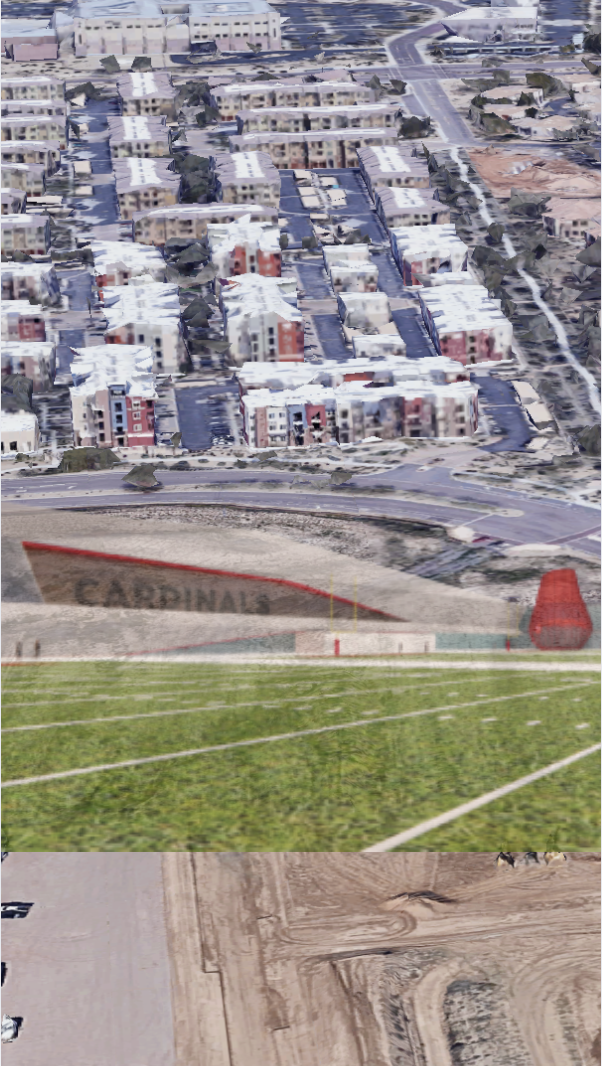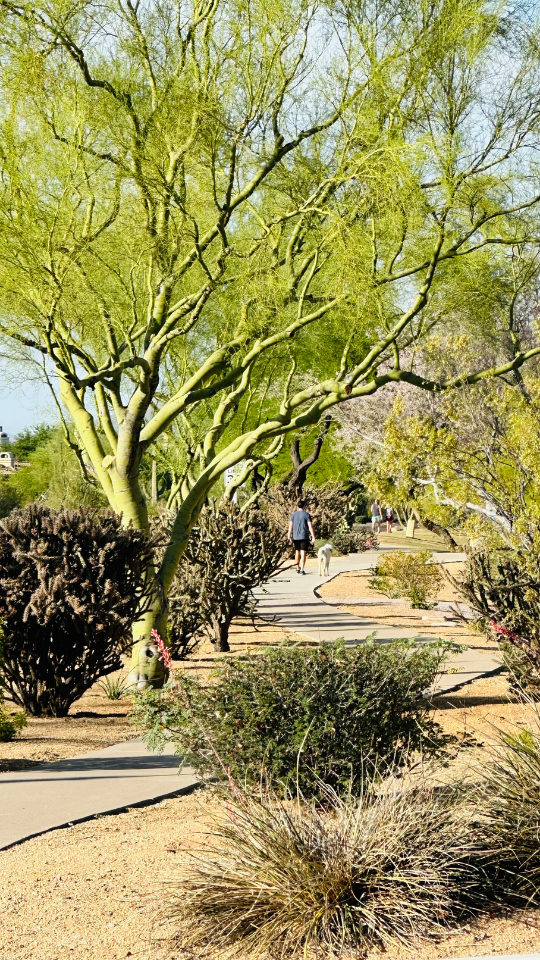
Arizona’s real estate market is unlike any other in the American Southwest. While rapid population growth and migration trends have made Phoenix, Scottsdale, Mesa, and Tucson some of the fastest-growing hubs in the country, what often surprises buyers and relocating professionals is how distinctive Arizona’s land ownership laws are compared to other states. From water rights in desert communities to the way land is divided into trust, tribal, and private ownership, Arizona is a place where property law plays as much of a role in shaping lifestyle as sunshine and mountain views.
Recent reports show that more than 110,000 people relocated to Arizona in 2024, many of them professionals drawn by the state’s expanding tech corridor near Tempe and Chandler, or investors eyeing new master-planned communities in Queen Creek, Buckeye, and Surprise. Yet, behind every exciting real estate deal is a legal framework that future homeowners need to understand—one that is both empowering and, at times, complex. Knowing these nuances in advance can save significant time, money, and stress while ensuring that investments align with long-term goals.
Arizona’s unique land use and ownership history, shaped by federal grants, indigenous treaties, and state trust mandates, makes it essential for buyers to look deeper than surface-level listings. Whether you’re purchasing a solar-equipped home in Peoria, a desert estate in Cave Creek, or a commercial lot in downtown Phoenix, understanding these legal foundations can redefine how you view ownership, risk, and equity.
One of the biggest challenges for today’s buyers is that land ownership in Arizona doesn’t always mean what it does elsewhere. Much of the state’s acreage is controlled not by private citizens but by government and tribal entities—roughly 42% is federal land, 28% is tribal land, and 12% is held in state trust. That leaves less than one-fifth of the land available for traditional private ownership. For investors, this scarcity increases both value and competition, but it can also create confusion about what rights come with a deed.
Homeowners relocating from states like California, Texas, or Illinois often assume that once they close on a property, water and mineral rights are automatically included. In Arizona, that is not always the case. Water allocation, in particular, is a headline issue given the ongoing drought and Colorado River negotiations. The state operates under a prior appropriation system, meaning water rights are not necessarily tied to land ownership. This distinction can dramatically influence property value, development potential, and even resale opportunities.
The opportunity here is twofold: buyers who do their homework can secure properties with stronger long-term equity, while investors who understand these nuances can strategically enter areas positioned for sustainable growth. The question isn’t whether Arizona real estate is worth considering—it’s how well you understand the rules before stepping into the game.
Arizona’s legal framework recognizes multiple layers of land ownership, each carrying its own benefits and complications. Private land is what most homebuyers are familiar with—direct ownership with a deed recorded at the county. This is most common in urban and suburban zones like Gilbert, Chandler, and Flagstaff. The advantage here is straightforward ownership and financing, but the drawback is that private parcels are a relatively small percentage of the state, making them more expensive.
State trust land, on the other hand, is often mistaken as public land. In reality, it is managed by the Arizona State Land Department and held in trust to benefit public schools and institutions. While this land can be leased for ranching, grazing, or even commercial projects, it is not available for permanent private purchase except through auction. For developers and investors, navigating this process can be highly rewarding but requires expertise and capital.
Tribal land, which encompasses nearly one-third of Arizona, is sovereign territory. Buying property here usually means dealing with long-term leases rather than true ownership. While these leases can provide affordability and proximity to major hubs like Scottsdale or Fountain Hills, they come with unique lending, inheritance, and resale challenges. Overlaying all of this are issues of mineral and water rights—sometimes severed from surface ownership, sometimes retained by past owners or governmental entities—creating yet another layer for homeowners to examine.
Arizona’s real estate professionals are quick to point out that knowledge is power in this landscape. Brokers in Maricopa County often remind clients that the most common pitfalls occur when out-of-state buyers assume water wells or access roads are included in their purchase. Attorneys in Tucson emphasize due diligence on title searches and the importance of examining any state or federal claims on land use.
Developers working on projects in Surprise and Buckeye highlight how auctions of state trust land have created new suburban growth corridors but warn that the bidding process is not for the faint of heart. Meanwhile, tribal representatives in northern Arizona stress the importance of respecting sovereignty and understanding the limitations of leasehold interests before entering such agreements.
Financial advisors in Scottsdale also weigh in, noting that differences in ownership type can directly affect lending terms, insurance coverage, and tax planning. Their consensus is clear: Arizona’s real estate market is rich with opportunity, but only for those who approach it with patience, professional guidance, and a willingness to navigate its complexity.
First, always request a detailed title report and confirm whether water and mineral rights are included—or severed—from the parcel you are considering. Many buyers assume these are automatic, but Arizona law separates these rights.
Second, if you’re considering land adjacent to tribal or state trust land, consult with a land-use attorney to understand potential future development. What is open desert today could be rezoned tomorrow, affecting both lifestyle and property value.
Third, explore financing options early if purchasing leasehold land or bidding on state trust auctions, as traditional mortgages may not apply. Specialized lenders exist for these situations, but terms vary significantly.
Fourth, weigh the long-term equity potential. Properties with secure water access, even in smaller communities like Casa Grande or Prescott Valley, often outperform others in appreciation.
Finally, engage local experts—surveyors, real estate attorneys, and brokers with tribal or trust land experience. Their insights can safeguard you from costly mistakes and position your investment for stability.

Arizona’s unique land ownership laws create both challenges and advantages, shaping a market unlike any other in the U.S. For homeowners, investors, and relocating professionals, the key lies in aligning property goals with the legal realities of ownership. Whether that means choosing a suburban lot in Mesa, a downtown condo in Phoenix, or a leasehold opportunity near tribal land, informed decisions today can shape generational wealth tomorrow.
As always, this discussion provides general guidelines only. Every transaction should be reviewed with a licensed Arizona real estate attorney, title officer, or financial professional who can tailor advice to your situation.
Looking ahead, one has to ask: how will Arizona’s land dynamics evolve as water scarcity, population growth, and renewable energy reshape the desert? And more personally—what role do you want your property decisions to play in Arizona’s story of sustainable living and generational prosperity?
 Arizona Cardinals’ $136 Million “Headquarters Alley” Project: How a 217-Acre Deal Will Redefine North Phoenix by 2028
Arizona Cardinals’ $136 Million “Headquarters Alley” Project: How a 217-Acre Deal Will Redefine North Phoenix by 2028 Exploring Arizona’s Unique Land Ownership Laws: What Every Future Homeowner, Investor, And Relocating Professional Needs To Know
Exploring Arizona’s Unique Land Ownership Laws: What Every Future Homeowner, Investor, And Relocating Professional Needs To Know

 Public Safety as an Asset Class: The New Scottsdale AdvantageIn today’s Smart City economy, safety isn’t simply about peace of mind—it’s becoming a measurable, marketable asset class. Scottsdale is proving that public safety can be engineered into the fabric of
Public Safety as an Asset Class: The New Scottsdale AdvantageIn today’s Smart City economy, safety isn’t simply about peace of mind—it’s becoming a measurable, marketable asset class. Scottsdale is proving that public safety can be engineered into the fabric ofNice to meet you! I’m Katrina Golikova, and I believe you landed here for a reason.
I help my clients to reach their real estate goals through thriving creative solutions and love to share my knowledge.

